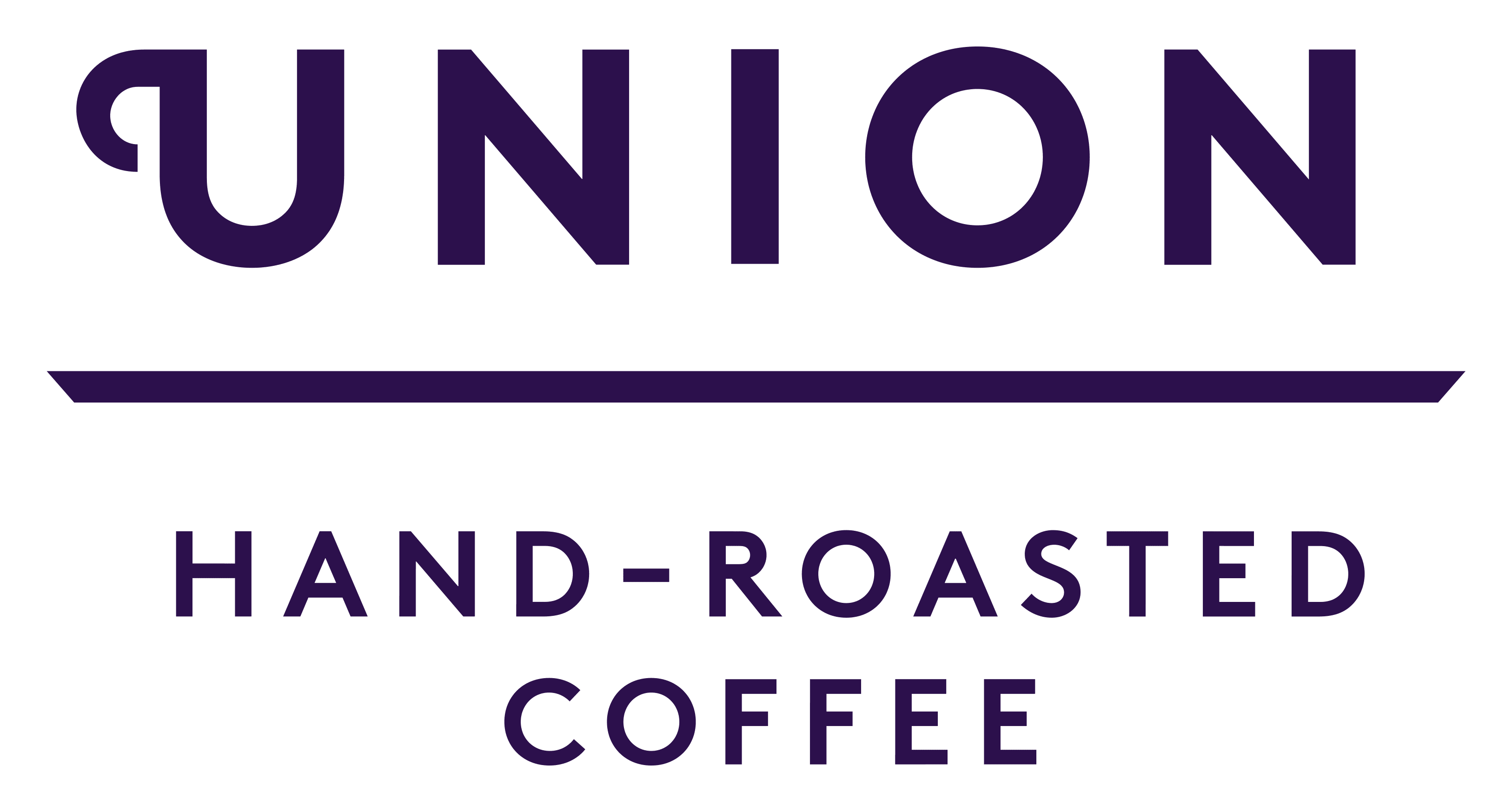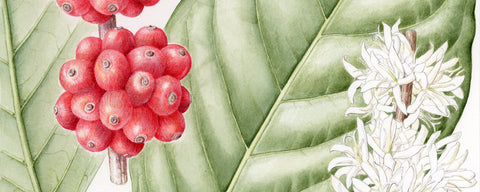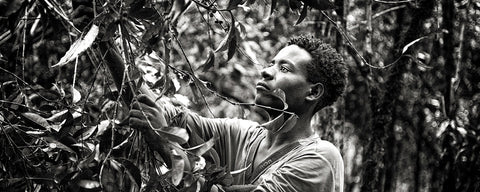First Published - November 5, 2013 (By Steven – Co-Founder)
How did we discover COCASMIL?
It has always been bit of a quest for us to find really tasty organic certified coffees that comply with our strict quality requirements. Finding a coffee with the flavour profile we look for and also certified organic that we can roast for our Organic Natural Spirit Blend has not been easy. Fortunately we were introduced to COCASMIL by Beneficio Santa Rosa in Honduras. We were excited because we weren’t offering any Honduras coffees. For many years, when talking about speciality coffee, Honduras was not an origin that popped to our mind and our concern was that harvesting techniques would not be to the stringent degree we require which would affect the flavour profile.
What impressed us about this coffee?
So when we first cupped COCASMIL, we were very happy. We found the coffee was exceptionally fresh, creamy and sweet with notes of vanilla, peach and fudgy-like finish.This is the first season we have bought from this producer and we are in that process of getting to know them and their coffee. Pascale Schuit, who manages our farmer relationships, visited them in March to understand how we can developing a long-term Union Direct Trade relationship with them. She is hopeful because she observed how Beneficio Santa Rosa, the dry mill organization through which the coffee is prepared for export, delivers regular training on quality, and also on social aspects such as security and hygiene on the farm. Effective management is the key to success.
About these Producers
COCASMIL is a Co-operative; which means they are a group of 82 organized small-scale farmers, including 6 women, located in a mountain range up to 1700 mASL near San Miguel in the Intibucta department. The cooperative takes its name from this: Cooperativa Cafetera San Miguel Intibuca or “Coffee Cooperative San Miguel Intibuca”. It started in 1999 and has built cement patios for sun-drying and an office for good administration; and now they work with the local school to provide books and help to support the health centre.
These 82 producers organized themselves to work together as a cooperative entity because they all have small plots of land for their farm. Each individual producer would never have enough coffee to export directly to Union Hand Roasted Coffee. They have different varieties, but mainly Catuai, Caturra and Villa Sarchi. Their coffee is washed and then sundried.
About the farmers
All farmers in the co-operative produce organic coffee. Each farm takes special care to weed by hand or using a machete, no herbicides are allowed and they apply microorganisms; coffee pulp compost and bocashi to enrich the soil. Bocashi (from the Japanese bokashi) is a highly effective natural organic fertiliser grown from microbial cultures from locally available organic material resources.
Jorge Vásques
Jorge Alberto Vásques is a member of COCASMI and he is committed to producing coffee through sustainable farming.
The picture above shows terracing; a method used to transform steep sloping farms that can be unworkable, into areas with level strips of land that are easier to manage. Constructing these terraces is very labour intensive and very few farmers opt to do so.
Terracing manages soil erosion, avoids landslides and prevents fertiliser and mulch from washing away quickly. They make working in the coffee more comfortable.
Meet Benjamín Mejía Vásquez
When Pascale was in Honduras earlier in the year, Benjamín Mejía Vásquez explained how he prepared cultures of microorganisms to apply on his farm.
Benjamín collects layers of sand from high up into the mountains, an area untouched by human activity and where there is a vibrant and healthy ecosystem. The microorganisms present in the sand are brought back to his farm and applied to the soil; this can support re-establishing the equilibrium in the farms soil.
This in turn yields a healthier crop, with fewer problems from pests, and is a convenient and cheap way of managing soil fertility. Bejamín has a very small de-pulper and does not work with a washing channel.
The coffee is both washed and fermented in the same tank. On his cement patio it takes around 3-4 days to dry the coffee.






